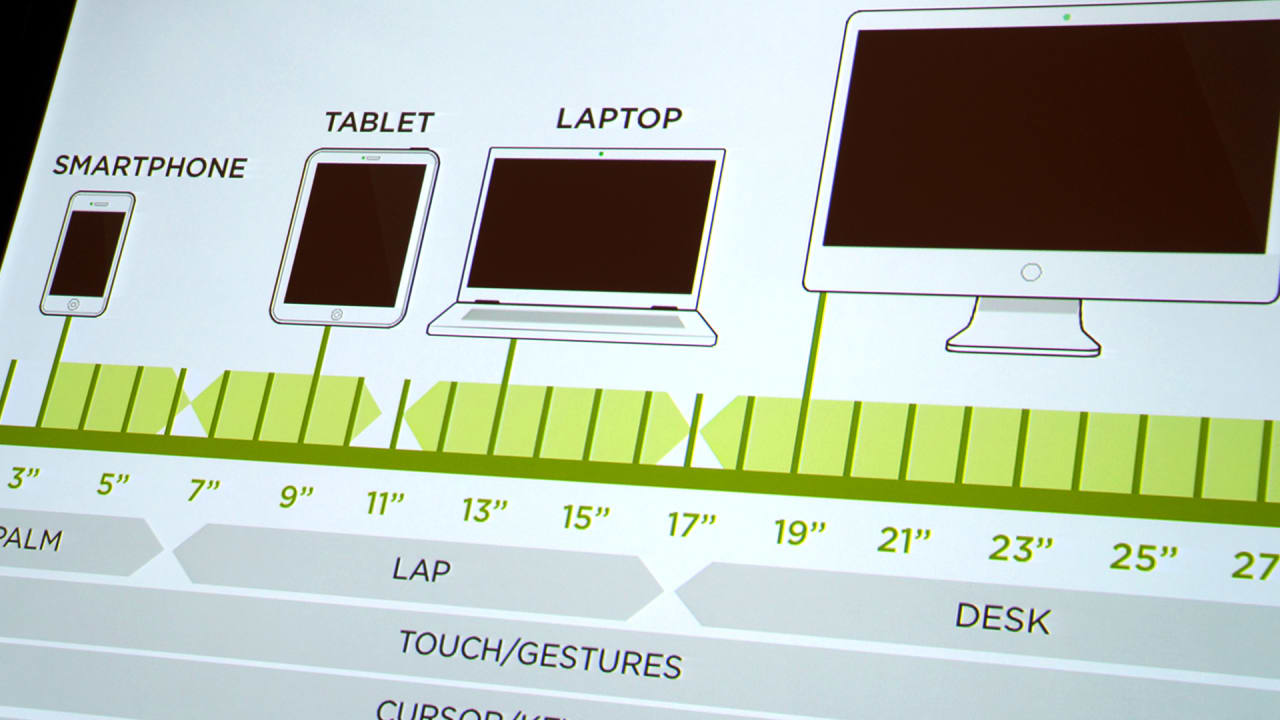Welcome to your guide on credit card processing for small medical businesses! If you run a medical office or small healthcare practice, you know that payment strategies are crucial to your success. With the ever-evolving landscape of credit card processing, it can be challenging to navigate the options and find the right fit for your business.
In this guide, we’ll take you through the ins and outs of credit card processing for small medical businesses, from finding the right processor to understanding the costs and fees associated with it. We’ll also explore payment processing solutions tailored for medical businesses and the measures you need to take to ensure payment security and maintain compliance with industry regulations. Finally, we’ll provide actionable tips and strategies to help you choose the right credit card processing solutions for your small medical business.
Key Takeaways:
- Credit card processing is vital to the success of small medical businesses.
- Finding the right credit card processor catering to the unique needs of medical offices and small businesses.
- Payment processing solutions specifically designed for medical businesses.
- Understanding the costs and fees associated with credit card processing for small medical businesses.
- Ensuring payment security and compliance with industry regulations in the medical industry.
- Choosing the right credit card processing strategies to improve patient satisfaction and boost revenue.
Finding the Right Credit Card Processor for Your Medical Business
So, you’ve decided to accept credit card payments for your medical office or small business. Congratulations! You’re one step closer to making your payment processes more efficient and enhancing customer satisfaction. But, hold on a second. Before you jump into the world of credit card processing, you need to find the right processor that caters to the unique needs of medical offices and small businesses.
Here’s where things get tricky. With so many credit card processors out there, how do you choose the right one for your medical business? Do you go for the one with the lowest fees? Or the one that promises the fastest processing times?
First, consider the needs of your medical office. What type of medical services do you provide? Do you have a high volume of credit card transactions? What’s your budget for credit card processing fees?
Next, look for a processor that specializes in credit card processing for medical offices and small businesses. These processors are more likely to understand your unique needs and offer tailored solutions. Plus, they may offer lower fees and better customer support.
Another factor to consider is the processor’s security measures. As a medical business, you handle sensitive patient data that needs to be kept secure. Look for a processor that offers advanced security features, such as encryption and tokenization.
Finally, don’t forget about the fees. While low fees may seem attractive at first, make sure you understand all the costs associated with credit card processing. Some processors may charge additional fees for things like chargebacks or PCI compliance, which could quickly add up.
So, to sum it up, when choosing a credit card processor for your medical business, consider your unique needs, look for specialized processors, prioritize security, and understand all the associated fees. With these factors in mind, you’ll be on your way to finding the perfect credit card processor for your medical office or small business.
Payment Processing Solutions Tailored for Medical Businesses
Congratulations! You’ve made it to the section where we discuss the payment processing solutions specifically designed for medical businesses. No more dealing with generic payment systems that don’t cater to your unique needs. Let’s dive in!
First on the list is integrated payment systems. These systems are designed to seamlessly integrate with your existing medical software, making the payment process as smooth as possible. You can easily manage appointments, billing, and payments all from one platform, without the hassle of switching between multiple systems.
If you’re looking for a more customized solution, consider investing in customized software. This will allow you to tailor the payment process to your exact needs and requirements. You can add specific features such as online bill pay, recurring payments, and invoice creation to streamline your processes and save time.
Another option to consider is credit card processing services specifically tailored for small medical practices. These services understand the unique challenges faced by small businesses and can provide solutions that cater to your size and budget. From virtual terminals to mobile payment solutions, these services can help you optimize your payment strategies and enhance your overall efficiency.
Now that you’re armed with this knowledge, it’s time to choose the right payment processing solution for your medical business. Consider the size of your business, your budget, and your specific needs to make the best decision. And don’t forget, it’s always a good idea to seek professional advice when it comes to financial matters.
Understanding the Costs and Fees Associated with Credit Card Processing
Let’s face it: no one likes to pay fees. But when it comes to credit card processing for your small medical business, it’s important to understand the costs and fees associated with the service.
First things first, you’ll typically encounter two types of fees: flat fees and interchange fees. Flat fees are charged per transaction and may include things like authorization fees, batch fees, and statement fees. Interchange fees, on the other hand, are set by card networks, like Visa or Mastercard, and are a percentage of the transaction amount.
But wait, there’s more! You may also encounter additional fees like monthly minimum fees, chargeback fees, and PCI compliance fees. It’s important to work with a credit card processor that is transparent about their fee structure and communicates potential fees up front.
| Fee Type | Description |
|---|---|
| Flat Fees | Fees charged per transaction, such as authorization fees, batch fees, and statement fees |
| Interchange Fees | Set by card networks and are a percentage of the transaction amount |
| Additional Fees | Monthly minimum fees, chargeback fees, and PCI compliance fees may also apply |
It’s worth noting that the healthcare industry has additional regulations and compliance standards that can impact credit card processing fees. Make sure to work with a processor that has experience working with medical practices and is familiar with these regulations.
At the end of the day, understanding the costs and fees associated with credit card processing for your small medical business is crucial. By working with a transparent processor and staying informed, you can optimize your payment strategy and ultimately improve the financial health of your practice.
Ensuring Payment Security and Compliance in the Medical Industry
When it comes to credit card processing for your medical business, security and compliance are of the utmost importance. Not only must you protect sensitive patient data, but you must also comply with industry regulations to avoid costly penalties.
One key factor to consider is the level of encryption provided by your credit card processor. Look for processors that offer end-to-end encryption to ensure that all sensitive data is fully protected throughout the transaction process. Additionally, make sure that your processor is compliant with the Payment Card Industry Data Security Standard (PCI DSS), which sets guidelines for the safe handling and storage of credit card information.
Another important consideration is the handling of chargebacks. Chargebacks occur when a patient disputes a charge on their credit card; they can be costly and time-consuming to deal with. To minimize chargebacks, it’s important to have clear policies and procedures in place for refunds and disputes, and to promptly address any issues that do arise.
Finally, staying up-to-date with industry regulations is crucial for ensuring compliance and avoiding penalties. Keep an eye on changes to HIPAA regulations, as well as any updates to PCI DSS guidelines. And don’t forget to train your staff on these regulations to ensure that everyone is on the same page.
“Don’t let payment security and compliance be the needle in your medical business’s side. Take the necessary precautions to protect your patients’ sensitive data and avoid costly penalties.”
Choosing the Right Credit Card Processing Strategies for Your Medical Business
Now that you have a good understanding of the ins and outs of credit card processing for small medical businesses, it’s time to choose the right strategies to fit your needs. Here are some tips to optimize your payment process and enhance your patients’ experience.
1. Simplify Your Payment Processes
The last thing your patients want is a complicated payment process. Make it easy for them to pay by using simple and user-friendly payment solutions. Integrating your payment systems with your practice management software can streamline the payment process and reduce the risk of human error.
2. Embrace Mobile Payments
In today’s world, everyone expects to be able to pay with their smartphones. Make sure you offer mobile payment options to satisfy your patients’ demand. Additionally, mobile payments can help you reduce your payment processing costs and improve cash flow.
3. Offer Flexible Payment Options
Different patients have different payment preferences. While some prefer to pay with their credit cards, others may prefer to use their healthcare savings accounts or insurance plans. Make sure your payment systems can accommodate a variety of payment methods to meet your patients’ needs.
4. Leverage Payment Analytics
Payment analytics can help you gain valuable insights into your payment processes and identify areas for improvement. By tracking payment trends and patterns, you can optimize your payment strategies and improve your practice’s revenue.
5. Ensure Payment Security and Compliance
As we discussed in the previous section, payment security and compliance are critical in the medical industry. Make sure you’re using payment systems that comply with industry regulations and protect your patients’ sensitive payment data.
Conclusion
Choosing the right credit card processing strategies for your small medical business can be a daunting task, but with the right guidance, you can optimize your payment processes and improve your patients’ experience. By simplifying your payment processes, embracing mobile payments, offering flexible payment options, leveraging payment analytics, and ensuring payment security and compliance, you can take your practice to the next level. So go ahead, implement these strategies, and watch your revenue soar!

![The 10 Most Accurate Website Traffic Estimators [2025 Update] - Accurate Website Traffic Estimators The 10 Most Accurate Website Traffic Estimators [2025 Update] - Accurate Website Traffic Estimators](https://www.toptut.com/wp-content/uploads/2024/01/The-10-Most-Accurate-Website-Traffic-Estimators-2024-Update.jpg)




